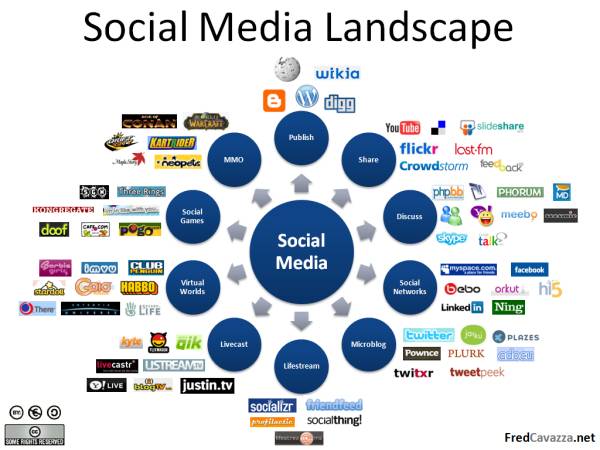Yesterday, comments in a post about changing book readership levels proved that my assumptions are not a given. They may even be wrong. Unlike me, some think that rising book sales levels is proof that readership is actually growing.
I’m of the opinion that gross book sales are an unreliable measure.
For instance, the only two publishing break-out stories of the past decade are the successes of Scholastic Publishing, which has the Harry Potter series, and Wiley Publishing, which has the For Dummies series. I’m over-simplifying, but one could say that unless you’re a child, or a “dummy,” your consumption of books isn’t growing year-to-date.
Or is it?
A few minutes ago, after reading a comment in my post by Matt Davis, I decided to reach out to an “impartial” third party. Here is the comment that spurred me on:
Your link claims an increase in book sales versus the previous year. Couple this with the “1 in 4 Americans Read No Books” stat, and my conclusion is that passionate readers are numerous. It’s the passive or non-interested reader that is fading away. Am I wrong?
I don’t know, Matt. Not anymore!
So I used a service on my cell phone that I’ve been meaning to try for some time. Think of it as a library Ready Reference service, but via text messaging. And, at least for now, it’s free. (Standard texting costs in your cell phone plan apply, of course!)
I’m speaking of ChaCha. Reading reports about it intrigued me. I love the idea of settling bets quickly and (hopefully) conclusively. And hey, I can certainly stand to get smarter on stuff.
So I just texted this to the ChaCha short code (242242):
Are more people reading books today versus in the past, or less?
Four minutes later, this is what was texted back to me:
Before the internet and TV and other electronics, people read more books. But now the number have went down a lot [sic]. ChaCha! http://search.chacha.com/u/j02abxvf
On the surface this answer looks good (poor grammar notwithstanding). But if you click on the source link, you have to ask yourself about the quality of the information this answer was based on.
My take-away: Who knows who is right? But for a fun way to settle a question, I like this quick and free service. It might even help with Trivial Pursuit.
ChaCha on!
